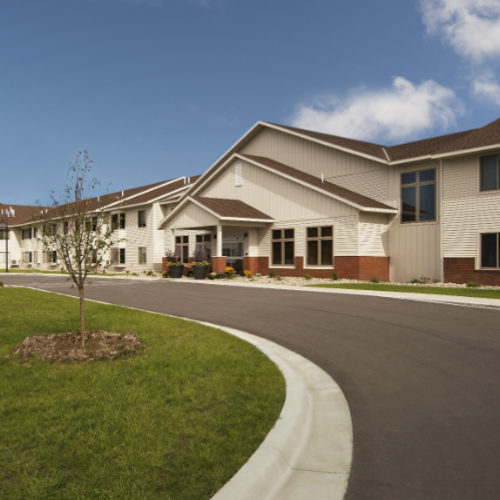Moving to Ridgewood Villa makes life easier for tenants. Why? Freedom. Location. Fun, social activities. Home-cooked meals. Friends. Fitness Center with pool...
Tag: Ridgewood Villa
Post
Ridgewood Villa named Chamber Member of the Month
Ridgewood Villa Senior Living Apartments in Glenwood, managed by Glacial Ridge Hospital Foundation, was named “Member of the Month” by the Glenwood Lakes Area Chamber of Commerce. Ridgewood Villa is an independent living facility with 59 senior living apartments including a wellness center and full-service pharmacy on campus. Pictured from left are Appy Mikel, chamber...



